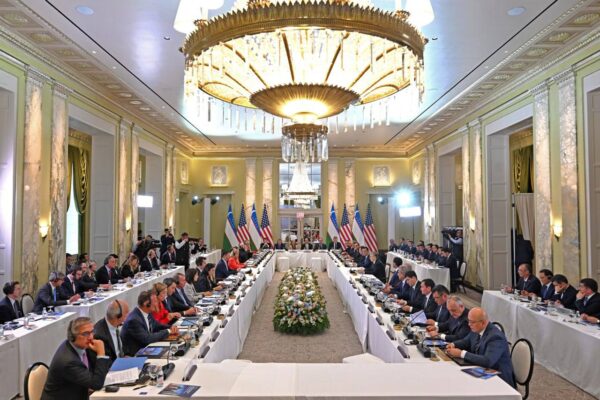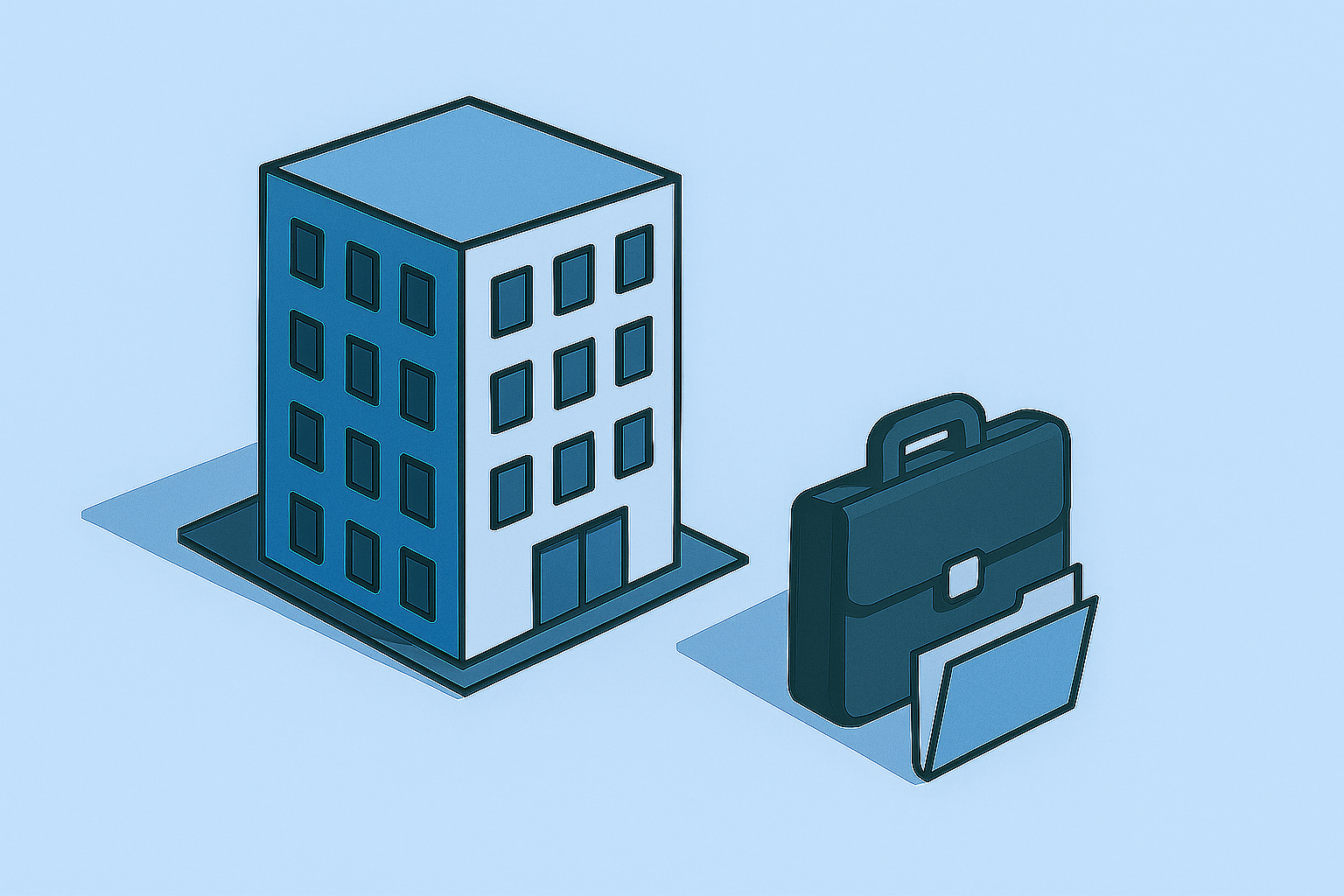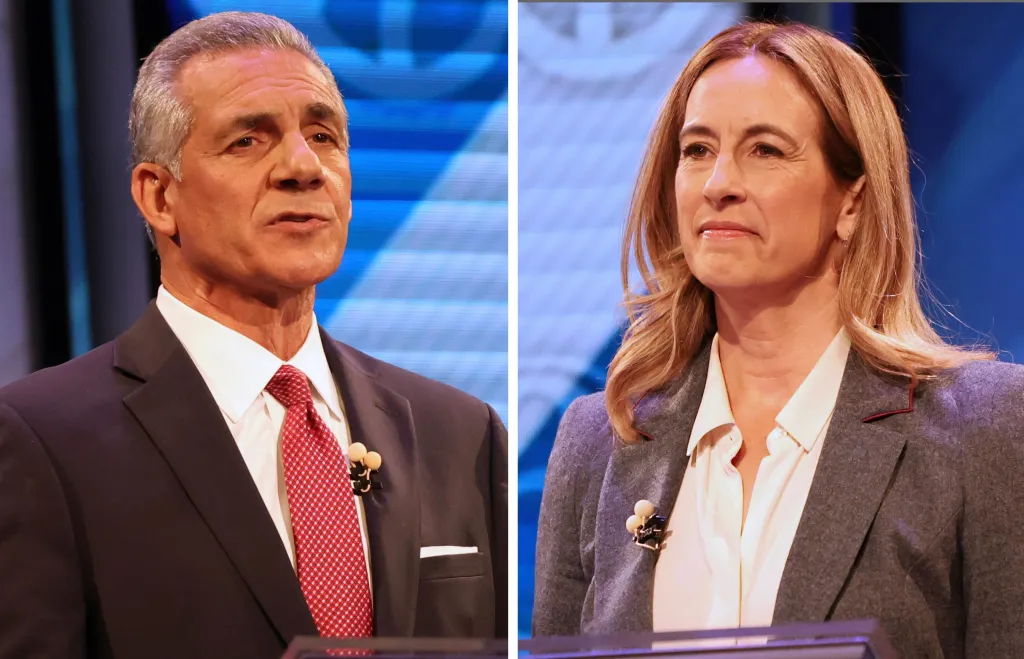Copyright thediplomat

In 2024, total trade turnover between the United States and Uzbekistan reached $881 million, said Uzbek Minister of Investment, Industry and Trade Laziz Kudratov in a recent interview with The Diplomat. Relations, he said, are increasingly characterized by “growing mutual trust and dynamic cooperation across all key sectors.” One of those key sectors is critical minerals, which the Trump administration is keenly interested in. Uzbekistan reportedly possesses substantial reserves of tungsten, molybdenum, and other sought-after minerals. Uzbekistan’s goal to expand relations, particularly in business and trade, with the United States fit within the country’s wider push to engage the world more broadly. After first applying for World Trade Organization (WTO) membership in 1994, Uzbekistan’s bid was effectively suspended in 2005. The effort was revived in 2020 and is nearing its conclusion, officials say. “WTO membership,” Kudratov said, “is critically important for Uzbekistan as it represents a key step toward deeper integration into the global trading system.” In the following interview, Kudratov provides an overview of U.S.-Uzbek trade relations, an update on the country’s WTO accession, and details on Uzbekistan’s critical mineral wealth and the recent deal with Boeing. Can you describe the current state of U.S.-Uzbek relations when it comes to trade and investment? What are the major areas of cooperation in this sphere? In recent years, relations between the Republic of Uzbekistan and the United States of America have reached a qualitatively new level, characterized by growing mutual trust and dynamic cooperation across all key sectors. There has been steady growth in bilateral trade, investment, industrial, and innovation partnerships. Since 2017, the number of American companies operating in Uzbekistan has doubled, now exceeding 300 enterprises. This increase demonstrates the growing interest of U.S. businesses in the Uzbek market and confidence in the country’s economic reforms and investment climate. Major U.S. corporations such as General Motors, Air Products, Coca-Cola, John Deere, CNH, Caterpillar, Honeywell, Citi, JP Morgan, Franklin Templeton, Cargill, and Boeing play an important role in the industrial, agricultural, financial, and technological modernization of Uzbekistan. Their operations contribute to the development of modern production facilities, the introduction of advanced technologies, and the creation of new jobs. Bilateral trade between Uzbekistan and the United States continues to expand. In the previous year, total trade turnover reached $881 million, reflecting a 15 percent increase compared to the preceding year. Within this figure, Uzbek exports ($317 million) grew by 25 percent, while imports ($564 million) increased by 10 percent. The recent visit of the President of the Republic of Uzbekistan, H.E. Shavkat Mirziyoyev, to the United States in September 2025 marked a historic milestone in the development of our strategic partnership. The visit resulted in a comprehensive package of investment and trade agreements which cover key sectors such as mining and geology, energy and oil and gas, transport, finance, healthcare, agriculture, education and IT. Uzbekistan is pursuing membership in the WTO. What can you tell us about the country’s progress toward this goal? And why is this important for Uzbekistan to achieve? Uzbekistan has made substantial progress toward joining the World Trade Organization (WTO), and the process has now entered its final phase. The Representative of the President of the Republic of Uzbekistan on the WTO affairs and the task force team on WTO accession are actively carrying out significant work to complete bilateral and multilateral negotiations with WTO member countries. Over the past few years, the government has been actively engaging in both bilateral and multilateral negotiations with existing WTO members. These negotiations focus on market access for goods and services, the alignment of national legislation with WTO rules, and commitments on trade-related issues such as subsidies, import licensing, technical barriers to trade, and sanitary and phytosanitary measures. Currently, Uzbekistan is working to finalize the Working Party Report, conclude outstanding bilateral negotiations, and sign the necessary protocols with member countries. These are the final steps before WTO members can vote on the country’s accession. Within the framework of Uzbekistan’s accession to the WTO, 34 member countries have expressed interest in conducting market access negotiations, of which 31 have been completed to date. Preparations are being made to hold the 11th meeting of the Working Party on November 5-6 of this year. In addition, within the framework of the accession process, the fourth multilateral meeting on agriculture is planned to be held during the same session to reach an agreement on the terms of state support for agriculture. Since the beginning of 2023, a total of five Working Party meetings have been held, the most recent in June 2025. In order to ensure national legislation is in accordance with the rules and standards of the WTO, over the past three years, more than 140 legal normative documents have been amended to align with WTO rules. In addition, the adoption of several new draft laws is expected, including: On Food Safety, On Anti-Dumping Measures, On Countervailing Measures, On Safeguard Measures, On Technical Regulation, On General Product Safety, On Market Surveillance, On Veterinary Affairs, and On Plant Quarantine. WTO membership is critically important for Uzbekistan as it represents a key step toward deeper integration into the global trading system. Accession will anchor the country more firmly within international trade rules, ensuring predictability and transparency in its trade policies. This, in turn, will strengthen investor confidence, as joining the WTO signals Uzbekistan’s commitment to maintaining a fair, open, and rules-based economic environment. Furthermore, WTO membership will enable diversification of exports by opening access to new markets and reducing trade barriers for Uzbek products, helping the economy move beyond its reliance on raw materials. It will also boost national competitiveness, encouraging domestic reforms, improving product quality and standards, and enhancing the effectiveness of trade-related institutions. Ultimately, by facilitating greater trade and investment flows, WTO accession is expected to drive sustainable economic growth and create new employment opportunities, supporting Uzbekistan’s long-term goal of building a dynamic, diversified, and globally connected economy. What critical raw materials does Uzbekistan posses? Uzbekistan holds substantial reserves of tungsten, molybdenum, magnesium, lithium, graphite, vanadium, titanium and others. The potential value of subsoil resources is estimated at $3 trillion. Uzbekistan and the United States are actively expanding cooperation in the field of critical raw materials, aimed at ensuring sustainable resource development and strengthening supply chain security. Uzbekistan has established productive partnerships with several leading U.S. and international companies, including Traxys, FLSmidth, Cove Capital, and Caterpillar. Key areas of cooperation include the implementation of large-scale projects for the extraction and processing of critical minerals under a contract with Traxys and Cove Capital valued at approximately $2 billion; the supply and local production of components for mining equipment, along with the establishment of maintenance and service facilities in Uzbekistan; the provision of advanced equipment, technologies, and engineering expertise for geological exploration activities; and the direct [sale of] uranium from Uzbekistan to U.S. companies, bypassing intermediaries, to ensure transparent and secure delivery channels. Mining is destructive and can have serious impacts on the environment and local communities. How is your ministry balancing responsibilities to the Uzbek people and land with the interests of investors? Special attention is given to minimizing the impact of mining activities on the environment and local communities while ensuring the sustainable development of the sector. The newly revised Subsoil Law incorporates modern environmental and social standards, including mandatory land reclamation – the restoration of areas after mining operations to bring them as close as possible to their natural state. Major enterprises such as Almalyk Mining and Metallurgical Complex (AMMC), Navoi Mining and Metallurgical Company (NMMC), and Navoiyuran are aligning their operations with ESG (Environmental, Social, and Governance) principles and international responsible mining standards. This approach aims not only to protect ecosystems but also to consider the interests of local communities, ensure labor safety, and promote transparency. Thus, Uzbekistan is consistently shaping a balanced model for the development of its mining sector – one that combines investor interests with the protection of natural resources and social responsibility. In September, Uzbekistan Airways and Boeing finalized an order for 14 787-9 Dreamliner aircraft – with the option of purchasing eight more – in a deal valued at $8 billion. Boeing said the deal would support 35,000 jobs in the United States. Why is this deal important for Uzbekistan? Uzbekistan has established a long-term strategic partnership with The Boeing Company, aimed at modernizing the national civil aviation fleet, expanding passenger air connectivity, and integrating domestic enterprises into the global aerospace supply chain. A contract for the supply of 22 new aircraft has been concluded and is currently under implementation. In the industrial sector, Uzbekistan plans to join Boeing’s global supply chain through the production of aircraft cabling systems, thereby localizing high-value manufacturing and strengthening bilateral industrial cooperation.



